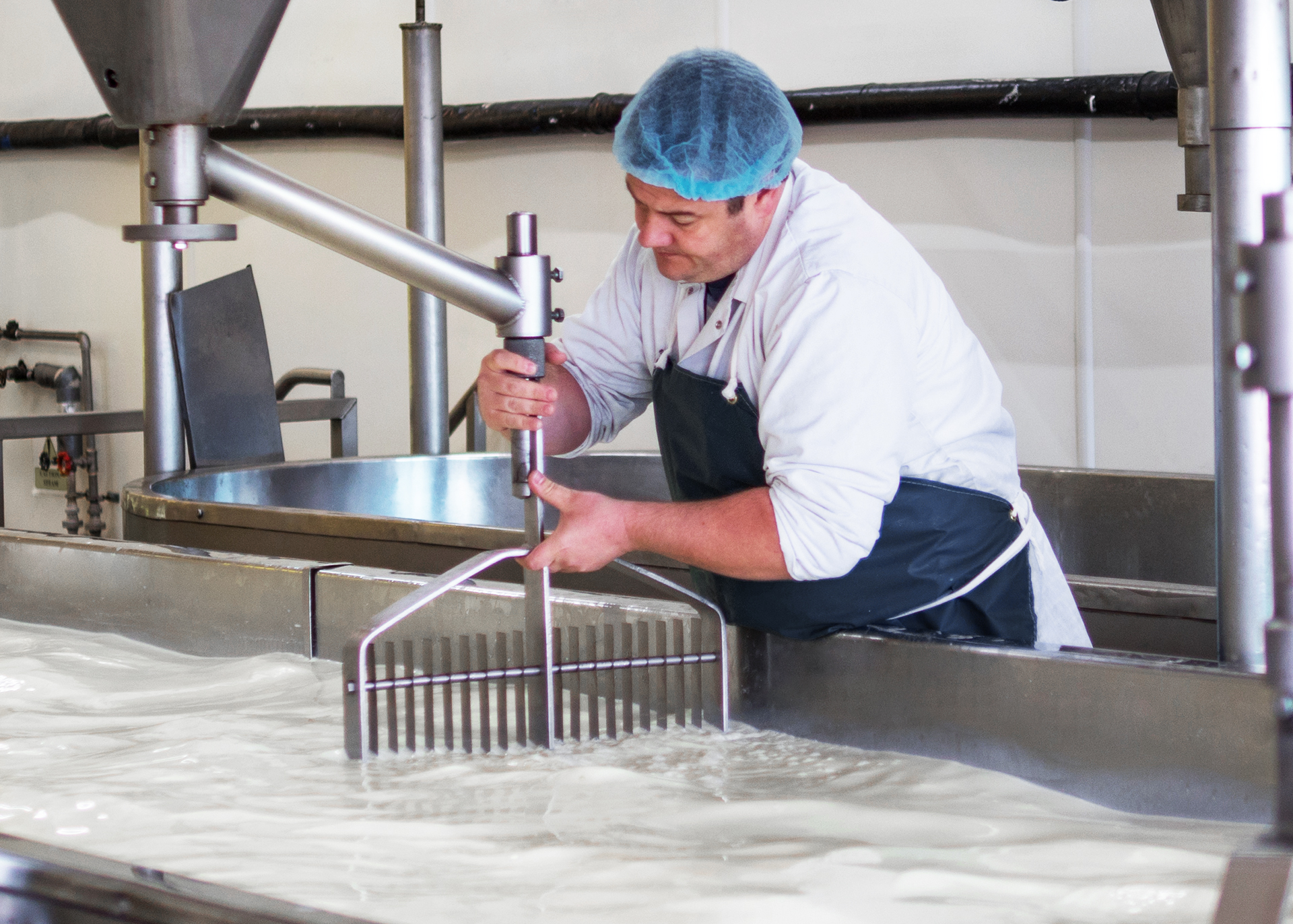Cheese Store Melbourne: Your Go-To Destination for All Points Cheese
Cheese Store Melbourne: Your Go-To Destination for All Points Cheese
Blog Article
A Thorough Consider Cheese Production: Active Ingredients, Approaches, and the Future of Artisan Cheeses
The elaborate process of cheese production is an interesting merging of art and science, where high-grade milk, rennet, and details microbial cultures serve as fundamental aspects. As the industry significantly prioritizes sustainability and openness, the future of artisan cheeses guarantees to mirror both heritage and development.
Key Components in Cheese Production
A selection of crucial ingredients play a pivotal function in cheese production, each adding to the last item's taste, structure, and character. The main component in cheese is milk, which can come from various sources, including cows, goats, and sheep - cheese shop melbourne. The sort of milk made use of substantially influences the cheese's preference and uniformity; for circumstances, cow's milk normally produces creamier cheeses, while goat's milk typically generates tangy selections
An additional vital active ingredient is rennet, an enzyme utilized to curdle the milk, separating it into curds and whey. The source of rennet can be animal, vegetable, or microbial, each imparting unique qualities to the cheese.
Salt not only enhances the flavor however likewise acts as a preservative, hindering the growth of undesirable bacteria. Furthermore, various flavor representatives, such as herbs, spices, or even smoked timber, can be contributed to create one-of-a-kind artisanal cheeses. Together, these components create the structure of cheese manufacturing, establishing the stage for varied and abundant cheese varieties.
Conventional Cheese-Making Techniques
Utilizing standard cheese-making techniques, artisans around the globe preserve time-honored methods that have actually been given via generations. These strategies frequently stress the use of high-quality, locally sourced milk, which is main to the special flavors and textures of artisanal cheeses. The process normally begins with the cautious home heating of milk, complied with by the enhancement of cultures and rennet to promote coagulation.
Once the curds develop, they are reduced, enabling whey to drain pipes, an essential step that influences moisture material and texture. Salting is a crucial facet of this process, boosting flavor while additionally acting as a preservative.
Aging, or affinage, is an additional essential part, during which cheeses develop their particular scents and preferences. Artisans may employ particular maturing settings, utilizing humidity and temperature level controls to fine-tune celebrity's profile. The dedication to these standard methods not just supports regional economic situations however also adds to the abundant diversity of cheese varieties located internationally, commemorating social heritage and artisanal workmanship.
Modern Developments in Cheese Production
Just how have technological innovations transformed cheese manufacturing in recent years? The assimilation of contemporary innovation has actually transformed both the effectiveness and quality of cheese manufacturing.
In addition, advancements in microbiology have enabled cheesemakers to select particular bacterial societies and enzymes, maximizing taste profiles and improving life span. Making use of sensing unit technology for checking fermentation conditions has additionally come to be widespread, enabling real-time adjustments to keep optimum environments for cheese aging.

These advancements not just improve the top quality and sustainability of cheese manufacturing yet additionally equip artisan producers to keep traditional tastes while embracing contemporary performance. As modern technology remains to develop, the future of cheese production looks promising, mixing custom with innovation.
The Role of Terroir in Cheese
In the realm of cheese manufacturing, terroir plays a pivotal duty in defining the unique features of numerous cheeses. Terroir, a French term generally connected with white wine, incorporates the ecological aspects that influence farming items, including dirt composition, climate, and regional flora and animals. In cheese-making, the special attributes of the area where the milk is sourced can convey details flavors and textures to the final item.
For example, the grazing problems of milk pets dramatically affect the milk's structure, influenced by the kinds of grasses and natural herbs available in a particular area. This differs not just between nations yet also between areas within the exact same nation. Furthermore, the microbial areas present in the setting add to the fermentation processes, bring about varied profiles in flavor and fragrance.
Cheeses such as Roquefort, Parmigiano-Reggiano, and Cheddar exhibit how terroir can form their identifications, making them distinctive and usually shielded by geographical indications. As manufacturers significantly recognize the significance of terroir, there is an expanding focus on sourcing regional ingredients and keeping traditional techniques, making certain that each cheese absolutely mirrors its beginning.

Future Fads in Artisan Cheeses
A remarkable change is taking place in the artisan cheese market, driven by progressing consumer preferences and technical improvements. Increasingly, consumers are gravitating towards unique, top notch products that stress both sustainability and regional sourcing - cheese store melbourne. This pattern is prompting artisan cheesemakers to introduce, focusing on small-batch manufacturing and using standard techniques while integrating modern technology to improve top quality and safety and security
Moreover, there is an expanding interest in plant-based and different dairy products, pushing typical cheesemakers to check out new opportunities, such as cashew or almond-based cheeses. This change not only deals with nutritional limitations however also aligns with ecological issues concerning pet farming.
Furthermore, transparency in sourcing and production procedures is becoming critical. Consumers are extra educated and demand traceability, motivating producers to embrace more clear labeling methods and take part in narration that highlights their techniques and worths.
Verdict
In verdict, the elaborate procedure of cheese manufacturing fuses conventional techniques with modern technologies, causing a diverse array of flavors and structures. The focus on top quality ingredients and the impact of terroir underscore the artistry included in cheese production. As the industry evolves, a concentrate on sustainability and openness will likely form the future of artisan cheeses, catering to a significantly critical customer base that values credibility and workmanship in milk products.
Report this page